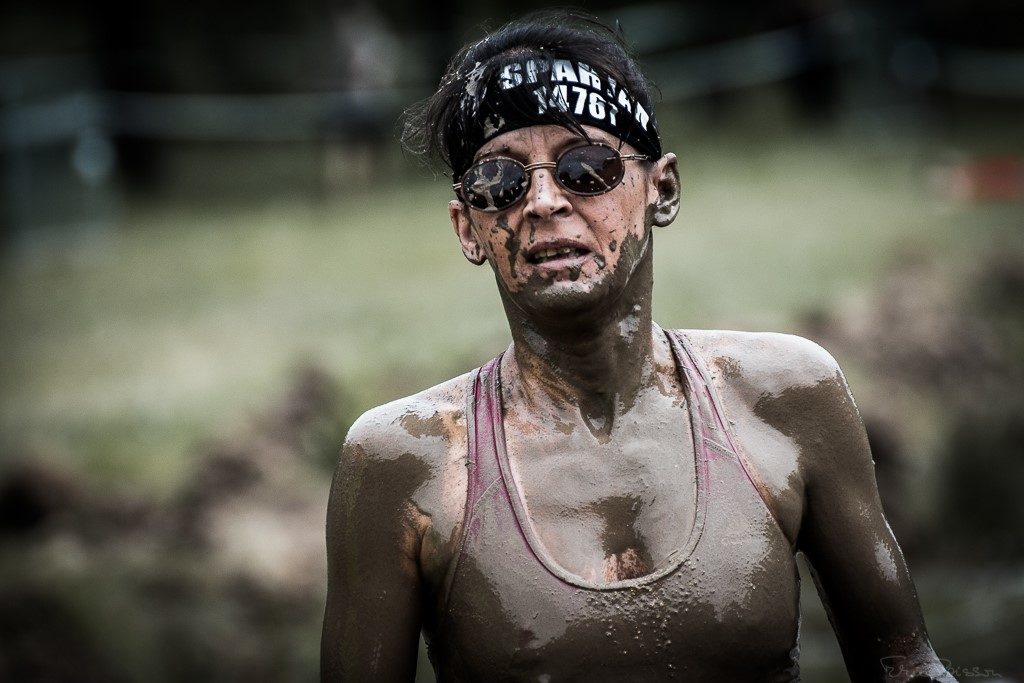
There are ton of different racing communities. Runners, bikers, skiers, swimmers, etc. are all communities that have a culture of racing in one way or another. If you’re lucky, you’re able to participate in the racing community of your chosen sport. Oftentimes people travel from all over, spend their hard-earned money, and train for months in order to participate in races for their sport. Some events pull in people in the thousands. Companies sponsor these events, athletes fight to participate, and some people come just to watch.
If you’re a part of this community or you know someone who is, you know that its members are dedicated. No matter which sport it is, the racing culture is supportive and vibrant. Many people get sucked in and keep coming back due to the many aspects of the racing culture that keep people racing.
Finding Community
Community is a huge part of the culture of racing events. Each racer has at least one thing in common with you: the love of the sport. Everyone is supportive, helpful, and fun loving in a racing atmosphere. Community is so important that many utilize the feeling of community in different ways. For example, in response to the substance abuse crisis in the U.S., many find that the cycling community is a great tool in addiction recovery. The racing community makes people feel like they belong, exposes them to other aspects of racing, and makes athletes feel closer to their sport.
Improving Health
For a lot of people, the sports they love carry the added perk of being a great way to exercise. A healthy lifestyle is an important part of the racing culture for many athletes that choose to participate. Though there’s a spectrum of health nuts out there, and not everyone lives and breathes it, it’s definitely a theme among the culture of racers. Each sport carries with it a different take on health, but nearly all of them are great tools to improve overall health and wellness. Even just training for a race can help people to make healthier decisions like eating more fruits and veggies, drinking more water, and spending more time exercising.
Embracing the Challenge
Races are meant to challenge you, and that challenge is a big part of why we race. It’s about beating your time, seeing what your body can do, and pushing yourself past the wall once you’ve hit it — both figuratively and literally in some race scenarios. New terrain, new opponents, and varying conditions make for a different challenge each time. Some people love running, cycling, kayaking, or climbing as a fun activity, and some like to take that activity to the next level by challenging themselves to a race. Nothing beats the feeling of giving it all you have in a competitive atmosphere in order to improve.
Improving Mental Health
Mental health is something that looks a little different to everyone. However, the perks that we get from exercising are basically universal. Endorphins are the happy neurotransmitters that leave us feeling positive. Racing offers the added perk of improving our mental health by increasing endorphins. Though exercise is not a magic fix for many mental health struggles, it’s definitely a positive force in the mental health of many racers.
Training for a marathon, triathlon, or any competition is not just physical — it’s largely mental as well. Racers often mentally train with various tools like visualization, concentrating on the process, staying positive, pushing past the mental wall when fatigued, and staying confident. These tools are often useful in other areas of life as well.
Experiencing the Adventure
Why do we race? Honestly, one of the most common answers you’ll get is that it’s fun. The culture of racing is built on the adventure, the fun, and the experience. It’s not all about being serious and competitive; it’s mostly smiles and positivity. Some events encourage racers to dress up in something silly, some have racers chug a beer at the end, some encourage teamwork, and all of them support a strong community within the event.
Racing often involves a lot of hard work. It’s physically taxing, emotionally exhausting, and sometimes financially demanding. However, it’s also built on a culture of community, health, and adventure. We race because it’s fun, it’s a challenge, and — honestly — we really like seeing that medal hanging on the wall.

